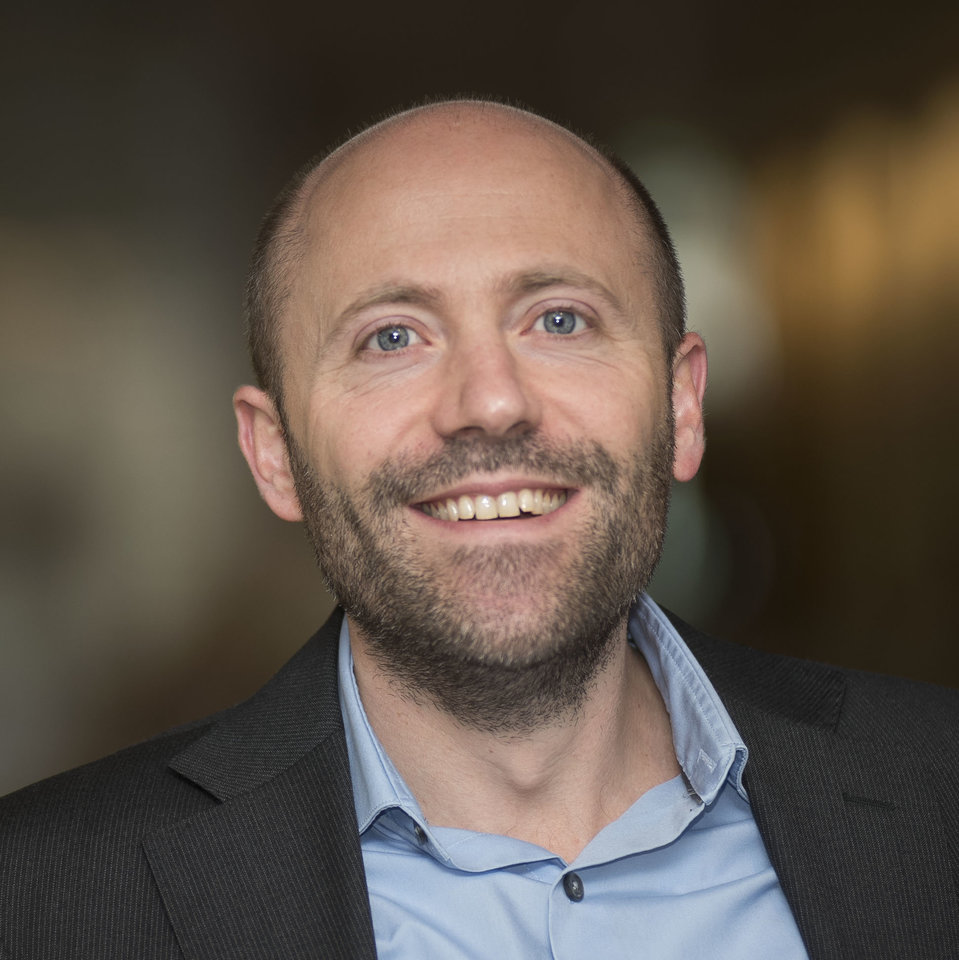How do Royal Dutch Touring Club ANWB panellists feel about social routing systems?
"Motorists should make a short detour once a week, so that we are all less stuck in traffic". That is the statement in Royal Dutch Touring Club ANWB magazine De Kampioen this month. The proposition was submitted by the TPM research group ERC-BEHAVE led by Caspar Chorus. This group conducts research into social routing systems, which the ANWB found an interesting idea.
Willingness to drive longer route
The ANWB panel members respond reasonably positively to the statement. Six out of ten members are willing to drive a slightly longer route. A total of 500 members participated. Some think it is a good idea because many other measures require a lot of dedication from an individual, but this option can be a very simple solution, whereby people do not have to cross a major barrier. Others are less enthusiastic because extra kilometers are driven and that is not good for the environment. These results from the ANWB member panel specifically aimed at mobility will be compared with the results of a more in-depth study of a representative sample.
About ERC BEHAVE
The ERC-BEHAVE programme investigates moral choice behavior and tries to capture this in mathematical models. A sub-project of this deals with social routing choices, in which motorists occasionally take a longer route, or depart at a different time to help reduce traffic jams. The group investigates the moral motives of people for whether or not to participate in such a system (which does not yet exist): is it a matter of altruism (doing something selflessly for someone else), or loyalty (if everyone participates, it doesn't feel good if I don't participate but do benefit).
With a choice experiment, the research group tries to discover these moral motives and to model them systematically. These models are then used to predict which type of system would work best with traffic simulations. The ANWB survey did not provide further details about the motivations of the panel members, but extensive analyses of motivations do take place in the group's own survey. Those results will become available in a few months.

